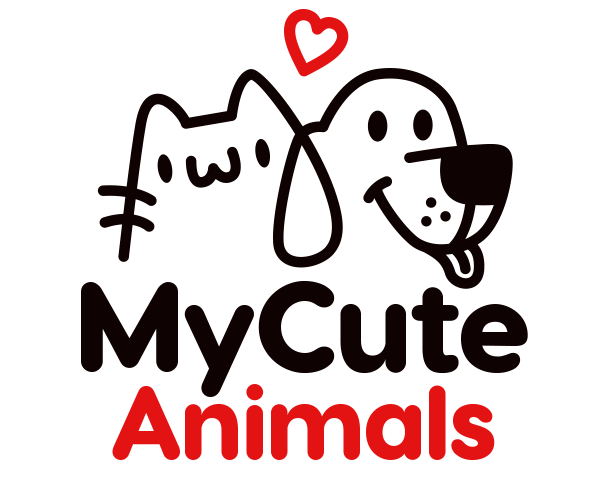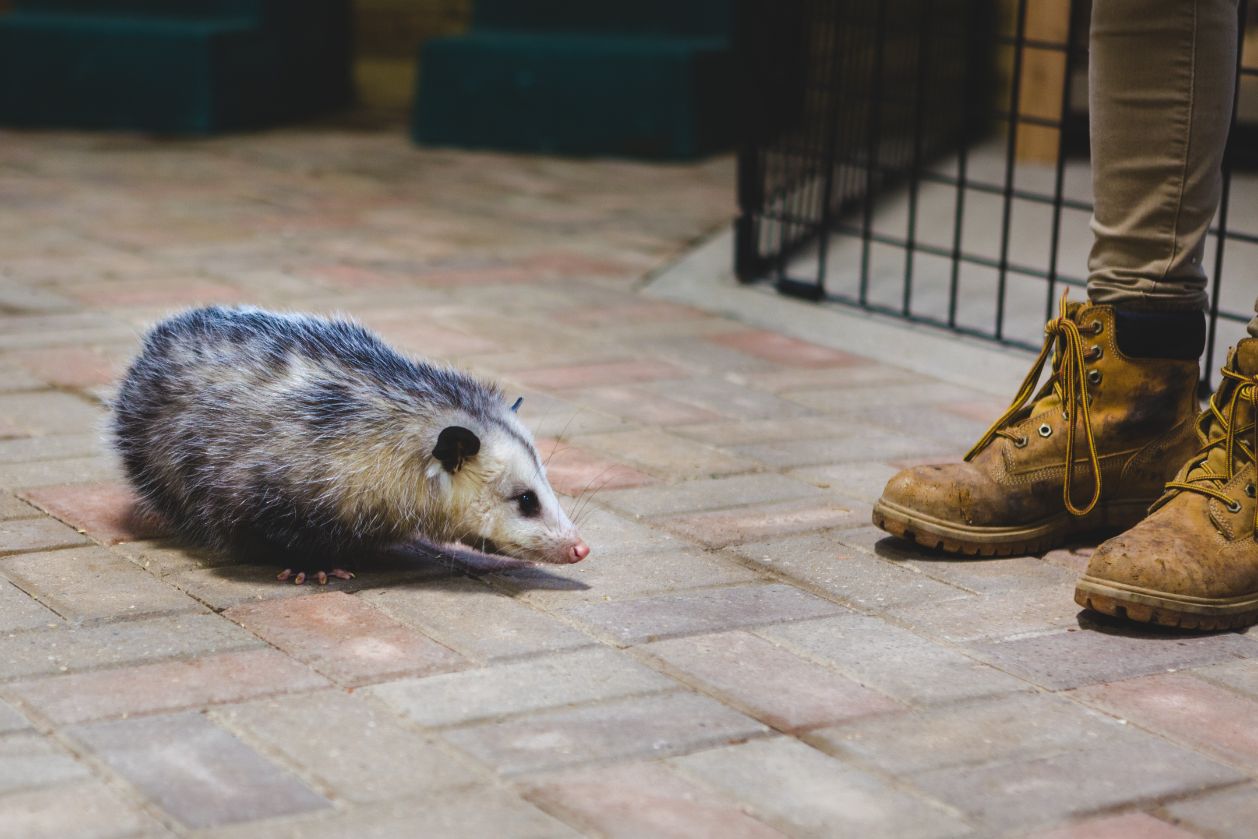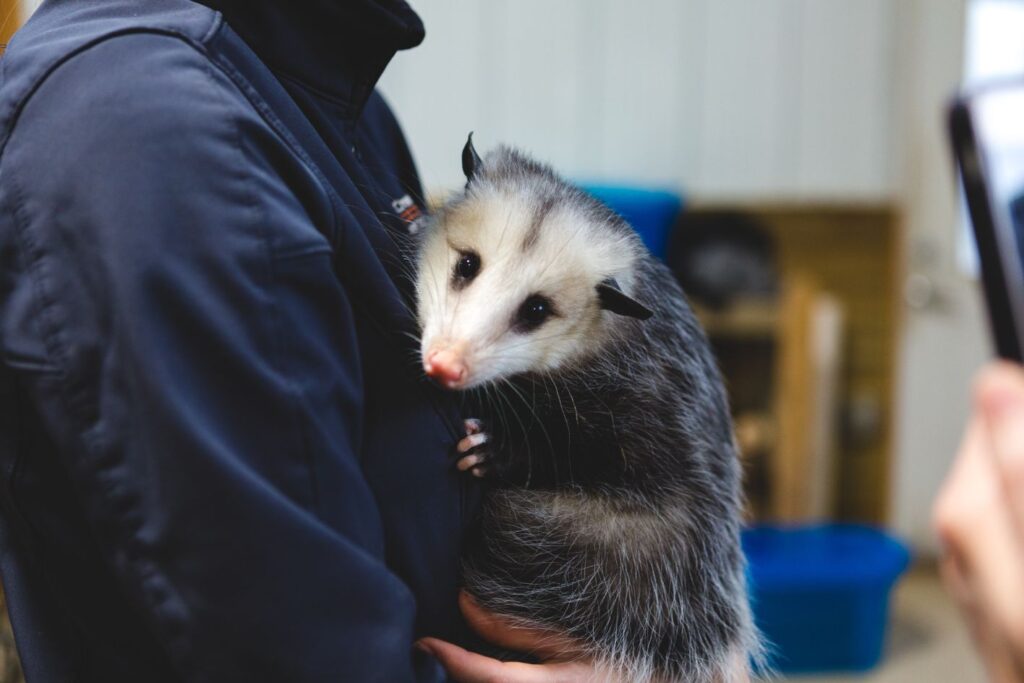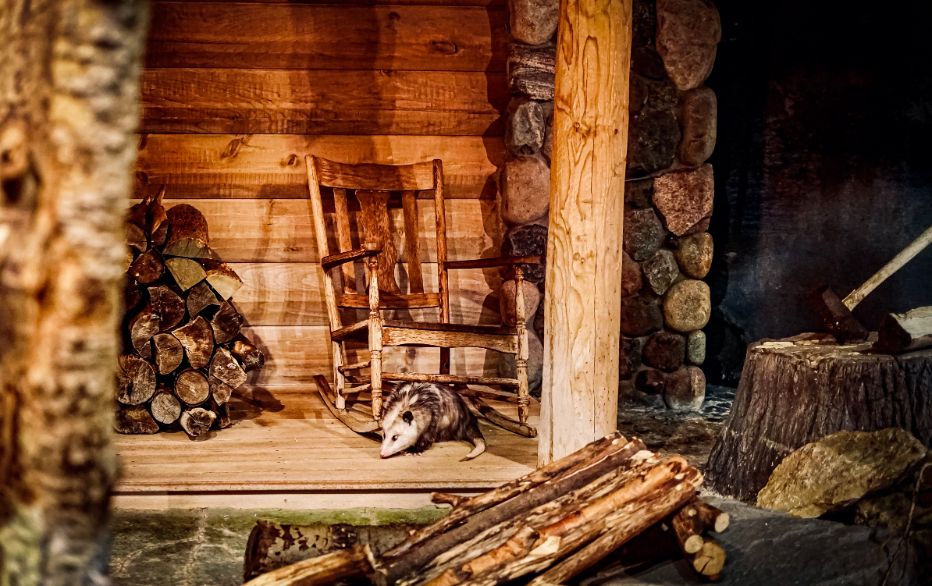Table of Contents
Investing in high-quality pet food is a proactive way of keeping lifestyle diseases at bay while also increasing the animal’s overall life expectancy.
So, if you’ve been considering adopting an opossum lately, you must have wondered what constitutes his natural diet.
Fortunately for you, we’ve prepared a comprehensive guide to the opossum’s diet, with a special focus on what these animals should and shouldn’t eat.
But first, let’s begin easy by familiarizing ourselves with what the opossum is.
What Is An Opossum?
An opossum is a member of the marsupial order Didelphimorphia, the largest order of marsupials in the Western Hemisphere which comprises over 120 species spread across 19 genera.
The Virginia opossum is one of the most common members of the Didelphimorphia order and the only marsupial found in North America. This species is spread throughout various parts of the United States, except for the western plains, the Rockies, and certain parts of the northern region.
Taxonomic Classification
- Kingdom: Animalia
- Phylum: Chordata
- Class: Mammalia
- Infraclass: Marsupialia
- Suborder: Ameridelphia
- Order: Didelphimorphia
- Family: Didelphidae
Physical Description
Opossums typically sport a white or gray color. Most species can grow up to 40 inches long. That’s about the size of a housecat.
Possums are characterized by their long, pointed faces that feature round, hairless ears. Their tails look a lot like a rat’s.
What Is The Difference Between Opossums And Possums?
The words ‘opossum’ and ‘possum’ are often used interchangeably. They might denote the same thing or different things altogether, depending on the context.
‘Opossum’ is the more universal version of ‘possum,’ a variation of the word that’s popular in North America.
However, there’s an entirely different Australasian arboreal marsupial in the suborder Phalangeriformes that also goes by the name ‘possum.’ Although they resemble most members of the Didelphimorphia order, the Australian tree-dwelling marsupial is different from the possum that’s the focus of this post.
What Do Opossums Eat?
Nearly all possum species are omnivorous. They can safely consume both animal and plant products.
The opossum’s primary sources of animal-based foods include small rodents like rats and mice, frogs, slugs and snails, worms, and birds. These creatures are also known to snack on all kinds of eggs, ranging from rodent to bird eggs.
When it comes to greens, opossums can safely eat most fruits and vegetables considered edible for humans. Their plant-derived foods also consist of berries, nuts, seeds, and grains.
In the wild, possums usually feed on different kinds of plant leaves. They have a particular taste for eucalyptus leaves. But if there’s no eucalyptus around, these animals will be just as happy to feed on the leaves of other plants, including acacias, red bush apples, green plums, etc.
Are Opossums Scavengers?
Most omnivorous animals are scavengers, and the opossum is no exception.
During periods of diminished food supply, opossums will easily go scavenging for dead animals. They generally prefer the carrion of insects, birds, and rodents. But if they come by the carcass of a larger animal, these opportunistic feeders will be happy to gorge themselves on it as well.
In a home setting, opossums will be instinctively drawn to odorous trash cans. They’ll also venture into uncovered compost heaps and other outdoor containers that they believe might contain something worth snacking on.
Obviously, you wouldn’t want your pet possum to go rummaging through your trash cans as they can easily pick up diseases and parasites. That underscores the importance of investing in a high-quality, balanced diet. A well-fed opossum is unlikely to go knocking your garbage bins over scavenging for food.
Another best practice to prevent unbecoming scavenging behaviors is to supply your possum with enough toys. These include interactive toys to tire him down and chew toys to keep him mentally occupied.
Some studies associate the possum’s scavenging behavior with their need for high amounts of calcium. Since they may not get the recommended daily calcium intake from their regular diets, possums may turn to the skeletal remains of animals. So, if keeping a pet possum, remember to give him calcium supplements regularly to fulfill his need for this essential mineral.
What Shouldn’t Opossums Eat?
Opossums have an extremely slow metabolism. Therefore, these animals are highly prone to weight-related diseases like obesity, as well as metabolic disorders like diabetes.
Due to their painfully slow metabolism, possums need to consume a significant amount of simple plants. It helps supplement their daily caloric needs. But while these animals can also eat most fruits, it’s important to regulate their intake of sweet fruits, such as mangoes.
Sweet fruits may contribute immensely to an opossum’s daily caloric requirements. But they could also predispose the animal to unintentional weight gain and blood sugar problems. Besides, sweet fruits can lead to oral and dental issues.
The following are additional foods that opossums shouldn’t eat;
• Confectionery products, such as candies, gummies, and chocolates – Might cause tooth decay
• Baked goods, including bread, cakes, and biscuits – May also cause tooth decay
• Junk food, such as fresh fries, burgers, and pizzas – Might irritate their stomach
• Raw meat – Could harbor bacteria and parasites
• Cooked bones – Are indigestible and might cause choking or intestinal blockage
• Dairy products like milk, cheese, and yoghurt – Due to lactose intolerance
• Almonds – Due to chemical toxicity
• Green potatoes – Might irritate their tummies
• Most processed foods, refined carbs, and trans fat – Might increase the risks of chronic diseases
Final Word
Opossums are indiscriminate eaters, a fact that speaks to their ease of maintenance. However, certain foods could prove harmful if fed to possums regularly.
Talk to your vet if planning to adopt an opossum for more insights into what these animals should and shouldn’t eat.



